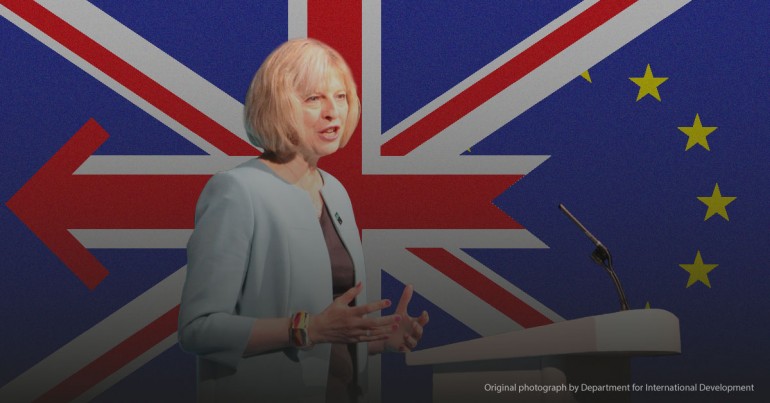
Common cause for failure
The pound’s stubborn insistence on putting its worst foot forward ensured that it was the back marker for a second week, achieving a 100% record of failure in 2017. Were it to continue retreating at the same pace for the rest of the year it would have lost three quarters of its value by Christmas.
America’s dollar did scarcely any better, scratching together a third of a cent’s advantage over sterling to avoid bottom place. At the head of the field the Australian dollar narrowly beat the NZ dollar and the Japanese yen.
There was common cause for the two losers’ underperformance: a nervousness among investors about their leaders’ intentions.
Donald Trump’s press conference
The president-elect’s press conference was exactly the sort of anarchic free-wheeling event one might have expected. Pharmaceutical manufacturers, Mexico, the US intelligence agencies and the press were only some of his targets for criticism. Much of the meeting related to the way Mr Trump will arrange his commercial affairs when he takes office. He will hand the management of his eponymous organization to his sons, thereby avoiding any possibility of conflicting interests. The discussion also touched on allegations about his recreational activities and his ties to the Kremlin.
Investors were far from impressed by Mr Trump’s performance and the dollar suffered as a result. On the week it lost two and a quarter Japanese yen and fell by half a cent against the euro.
Theresa May’s Brexit speech
The anticipation
At the tail end of last week and over the weekend a series of interviews and articles combined to create the impression that the government’s Brexit plan was to engineer a complete split with the European Union. They built on the prime minister’s words the previous weekend when she said the country cannot “keep bits of the EU” when it leaves.
The prospect of a hard Brexit put investors off the pound and it spent several days on the retreat, losing a net cent to the euro and three Japanese yen. On two days it was the weakest performer among the major currencies. Its losses were exacerbated by a suspicion that Theresa May would use a speech this Tuesday to say in so many words that Brexit means Hard Brexit.
The reality
In the event the prime minister avoided the word “hard” but said just about everything else that investors had been expecting. They were expecting it because Downing Street had leaked large chunks of its text the previous evening.
In essence, Ms May said she would go for the have-cake-and-eat-it approach, negotiating a trade agreement in which Britain would have tariff-free access to EU markets in goods and services in return for similar access to the UK for companies in the remaining 27.
The pound responded positively to her speech. Having spent the previous few days moping about what it would contain, investors found nothing new to distress them and they were quite taken by the cheeky way the government hopes to gain access to a virtual single market without making financial contributions or allowing free movement of labour.
The good news
Investors now know what the government is trying to achieve. During Ms May’s speech and the subsequent Q&A the pound strengthened by a cent against the euro and the US dollar.
The bad news
Analysts are dubious that Ms May’s wish list will go down well in Brussels. What she wants and what she gets are not necessarily the same thing.
Sarah, Senior Account Manager at Moneycorp
Moneycorp is one of the largest international payment companies supporting over 90 currencies. Last year Moneycorp traded over £22.6 billion worth of international money transfers. Find out how Moneycorp can help you with your international transfer here.






